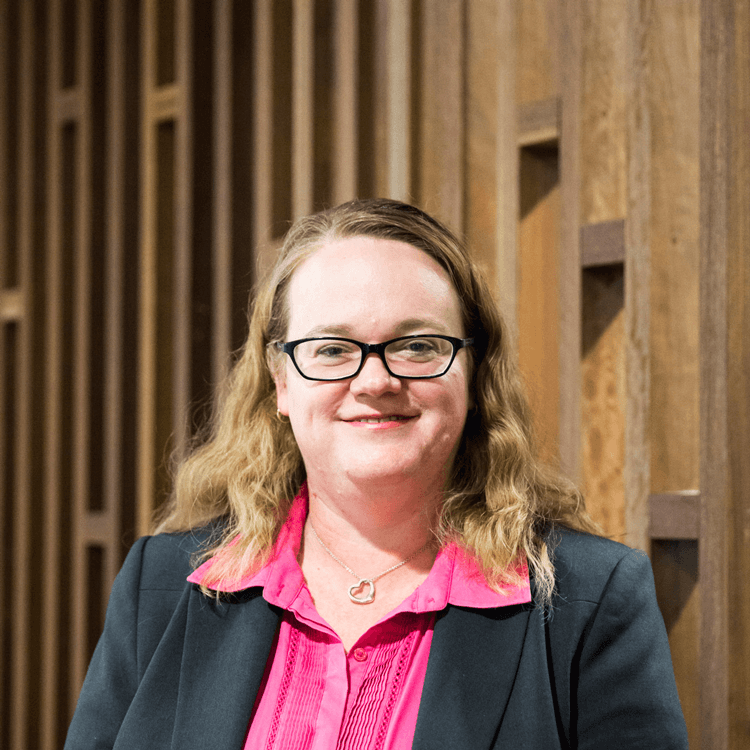Meet an Accountant
We caught up with Simone Gielis, who is a Senior Tax Agent and General Manager at Etax.com.au. She is well-qualified and regularly contributes thought and leadership content in the tax and accounting space.
1.What courses did you study to become an Accountant? And tell us a bit about your current role?
I studied a Bachelor of Commerce with a double major in Accounting and Business Law. Next, I completed the CPA Program to become a qualified CPA. Later, once I gained experience in taxation, I completed the study and hands-on training needed to become a registered tax agent.
I work at Etax Accountants as the General Manager, Accounting, and QA. It is a fantastic, varied role that includes managing a lot of accountants at all levels of tax and accounting skills and helping those people to develop their careers. Helping people build on their interpersonal and service-related skills has become an important activity that helps give accountants more confidence – both to do their own jobs but also to represent themselves personally – and that is rewarding work for me.
Because Etax.com.au is a fast-growing business with a growing management team, we’re working with up-and-coming managers, building accounting expertise but also more general business and management skills. Our managers learn how to supervise large teams, how to control and scale-up a successful business and how to manage the many issues that arise daily.
2.What does an Accounting professional do on a day-to day basis?
There are many types of accountants and their day-to-day activities can be different.
For me, I help set standard benchmarks and practices, collaborate with staff and managers to implement those changes, ensure training in our organisation is appropriate for our learners and work to identify then address any training gaps.
Other accountants at Etax who are managers and team leaders work daily on continuous improvements to business processes and guide their teams with the end goal of ensuring we have happy and well-informed clients. They work together using methods like Agile to organise and prioritise work and they do a lot of ongoing professional development.
Our junior accountants complete intensive at-work training in taxation and then get hands-on experience reviewing tax returns, with support from more experienced team leaders and tax agents (including some of the most experienced tax agents in Australia). The combination of applying accounting knowledge plus building and using soft skills is an important start for their careers.

Simone Gielis from Etax.com.au
3.What do you think are the skills an Accountant should have?
Aside from more technical accounting and business knowledge, there are other skills that all accountants need. The ability to discuss financial and business issues in very plain language is a critical, and often missing skill for accountants – and I think this is becoming more important every year. Soft skills really help accountants to advance their careers. Honesty and integrity are critical as is adaptability. We are in an industry that is changing rapidly and if you aren’t adaptable to business or client needs, you will be left behind.
4.What are your favorite things about working in the Accounting and Finance industry?
I love helping people so for me, my current role is perfect. I am lucky in that I am given many opportunities daily to help staff to grow in their roles, help colleagues solve problems and help clients to get the best outcomes and feel comfortable about how their taxes are handled.
5.What advice would you give students aspiring to work in the Accounting and Finance industry?
Be open to change and opportunities. At Etax.com.au we are committed to continuous improvement and we never approach a new year the same way as the last. We don’t outsource anything and we are lucky to employ hundreds of accountants inside Australia. But elsewhere in the Accounting and Finance industry, influences like off-shoring and cloud software are driving rapid change. This means new graduates may have different career paths than graduates in earlier years. That’s not a bad thing, just different; if you are open to different ways of starting your career and bring flexibility and energy to your work, you might end up in an unexpected – and better – place than you imagined during your studies.
Thanks, Simone for sharing your story with training.com.au
